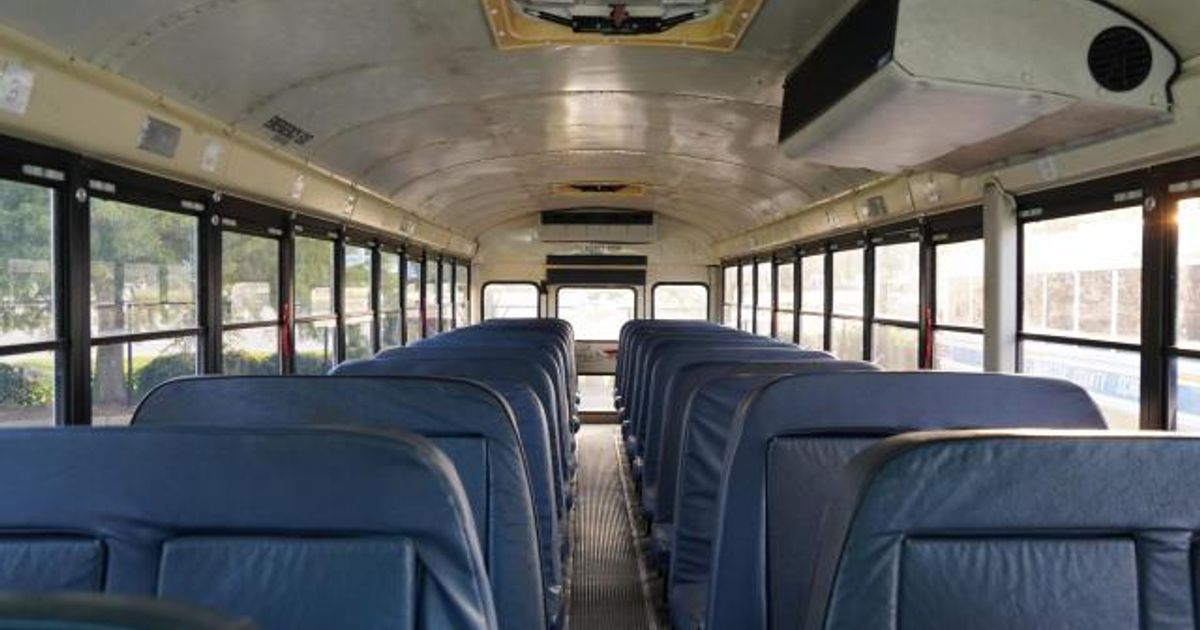The North Carolina State Board of Education and Superintendent Mo Green are asking the federal government to reverse a decision that effectively stops the flow of $17 million to North Carolina schools for facility upgrades.
The board voted Thursday to send a joint statement with Green that asks the U.S. Department of Education to honor extensions for spending about $17 million in pandemic stimulus funds that the Biden administration had granted last year.
More than $6 billion in pandemic stimulus dollars earmarked for North Carolina public schools since 2020 has been spent or were committed before a September 2024 deadline. But some extensions were made under the Biden administration to allow schools to spend the funds before the end of March 2026 — particularly spending for facility expenses to offer relief from times when materials and labor were in short supply.
Education Secretary Linda McMahon said last week she wouldn’t honor those extensions, stating that schools had “ample time” to spend the money and that the extensions were “not justified.” In a letter to state officials across the country, McMahon noted that they could re-apply for their extensions and would be reviewed on a case-by-case basis.
Four school districts in North Carolina had extensions: Robeson, Halifax, Lenoir and Richmond county school systems. Public Schools of Robeson County was still awaiting the bulk of that — $14.6 million, largely for heating and air conditioning equipment.
Officials at the North Carolina Department of Public Instruction told WRAL News that the projects across all counties were largely for facilities, including window replacements. Some of those projects can’t be done quickly even after the worst of the supply shortages are over, because the work requires students and staff to be out of the building for extended periods of time, leaving holiday breaks and summers as the only times to do them.
In a statement directed to McMahon, the board and Green noted that the school districts had already signed contracts to do the work.
“These districts will now face potential cancellation of projects or, worse, will not have the resources to pay the bills for work already done,” they said in the statement.







